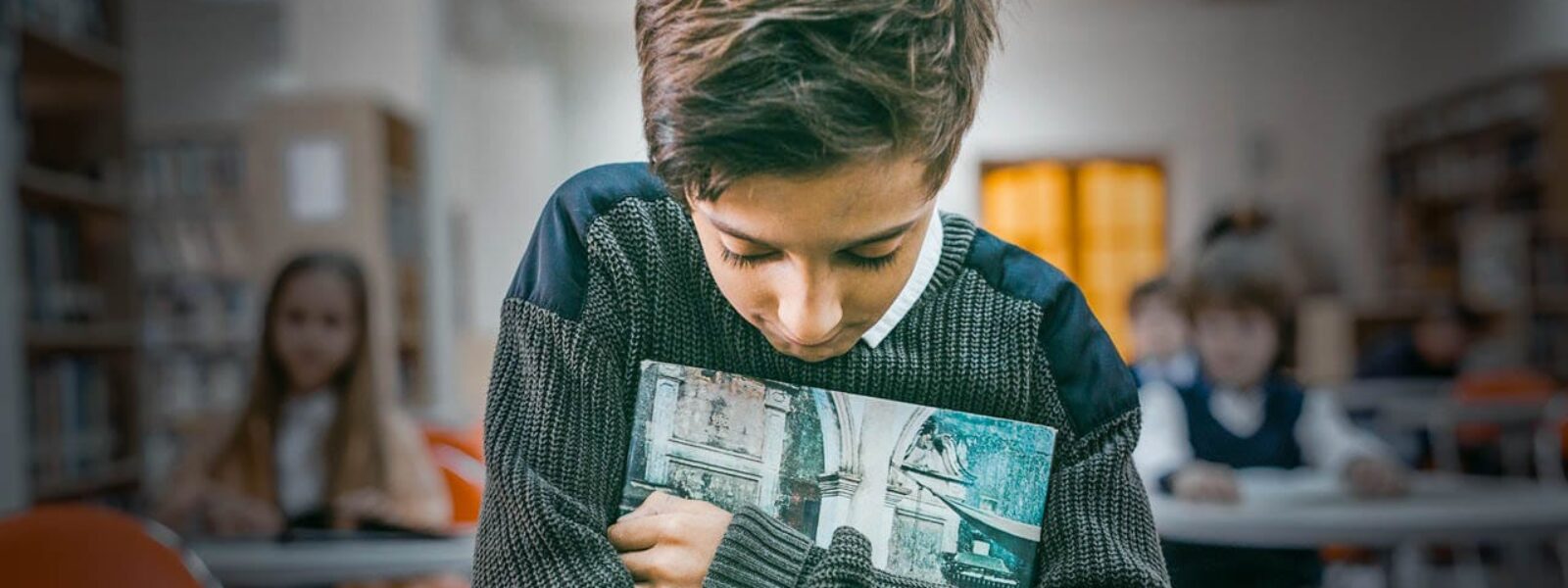Being accused of child abuse is a serious matter with potentially life-changing consequences.
Not only is there the possibility of facing a sentence, but your personal life will also face major changes – even if you didn’t do what you’ve been accused of.
This article explains what constitutes child abuse under UK law, the legal penalties, and why professional legal representation is crucial.
If you’re facing a criminal charge, make sure you contact our solicitors as soon as possible on 0203 007 5500.
What is child abuse according to law in England?
Child abuse can take many forms, but the law recognises four primary categories. In all cases, child abuse relates to people under 18 years old who are facing harm.
It’s important to understand what category of abuse your matter falls into because they each come with their own set of charges.
Sexual child abuse.
There are two separate types of child sexual abuse. These are as follows:
Contact abuse
This is typically abuse in the form of physical touch.
- Using a body part to rape or penetrate a child.
- Touching any part of a child’s body sexually, regardless of whether the child is wearing clothes.
- Making a child partake in sexual activities.
- Forcing a child to undress or touch someone else.
- Grooming a child.
Non-contact abuse
Non-contact abuse usually involves coercing the child to take part in sexual activities or creating content of a sexual nature.
- Showing a child pornography.
- Making a child masturbate.
- Forcing a child to take part in, view or share sexual images or videos.
- Making, viewing or sharing sexual images or videos of children.
- Exposing or flashing a child.
- Teaching or encouraging a child to behave in a sexually inappropriate way.
- Forcing a child to watch a sexual act.
Physical child abuse.
Physical abuse occurs when someone intentionally inflicts harm on a child (excluding sexual abuse, which is its own category).
Examples of physical abuse include:
- Hitting, slapping and punching
- Kicking
- Shaking
- Throwing
- Choking
- Burning and scalding
- Biting and scratching
- Breaking bones
- Drowning
Is smacking my child on the bum illegal?
Smacking a child on the bum might be considered reasonable discipline depending on the circumstances. However, this is not an argument you should rely on in court. It is generally frowned upon to cause any form of purposeful physical harm, including smacking a child’s bum, and other methods of discipline should be explored.
Emotional child abuse.
Although the effects of emotional abuse can’t necessarily be seen, it can have major effects on a child’s present and future well-being. Emotional abuse can negatively impact on a child’s development, their sense of self, and relationships with others.
Forms of emotional abuse include:
- Making a child feel unloved or worthless.
- Unfairly blaming a child.
- Cyberbullying a child.
- Making a child feel frightened.
- A child witnessing the abuse of others. For example, witnessing domestic violence.
Neglect.
Neglect occurs when a parent or guardian persistently fails to meet a child’s basic needs.
These basic needs include:
- Adequate food, clothing and shelter.
- Protection against both physical and emotional harm or danger.
- A good amount of supervision. For example, not leaving the child home alone.
- Providing a child with access to appropriate medical care e.g. dental treatment.
What happens if I’m accused of child abuse?
A child abuse investigation typically begins with someone making a report to the police or social services.
Police will gather evidence, including witness statements, medical records, and digital evidence where relevant. You may face interviews under caution – this is where having a solicitor present is crucial to protect your rights.
Social services may conduct parallel investigations, especially if you have children in your care.
These investigations can be lengthy and complex, often involving multiple agencies.
Sentencing for child abuse
Child abuse convictions carry severe penalties that can fundamentally alter your life.
Prison: Prison sentences can extend up to 10 years for cases involving serious harm, often accompanied by substantial fines.
Employment: A conviction can result in a criminal record that affects future employment prospects and leads to permanent restrictions on working with children and vulnerable people. Employers can find out if you have a criminal conviction by running a DBS check. Depending on your job at the time of the accusation, your employment may be terminated.
Reputation: Your personal and professional reputation may suffer lasting damage, causing a breakdown in trust between friends and family.
Sex offenders register: If you sexually abuse a child, your name is added to the sex offenders register, which comes with its own set of restrictions, including travelling, moving and regular check-ins with the police.
Child arrangements: Child abuse convictions can significantly impact custody and visitation rights in family court proceedings. Social services may also get involved, and your child could end up in foster care.
All penalties will depend on the circumstances and severity of the case.
The importance of professional legal representation
When facing child abuse charges, early intervention by an experienced criminal solicitor is crucial.
An expert criminal defence solicitor will ensure the protection of your rights during police questioning and help build a strong defence strategy based on a thorough evaluation of evidence.
Your solicitor can negotiate with prosecutors when appropriate, represent your interests effectively in court, and work to minimise potential consequences. They also handle critical matters such as bail applications and manage appeals if necessary.











Leave a comment Your email address will not be published.